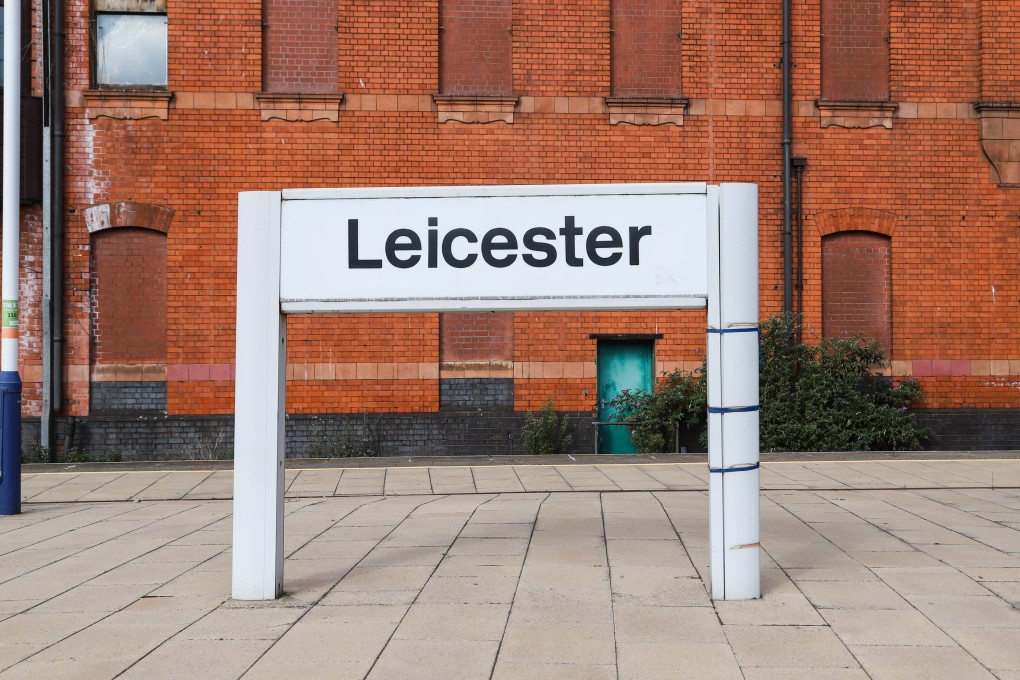How to say place names most get wrong, from Laos and Leicester to New Orleans and Oaxaca
- Think you can pronounce these hard-to-say countries, cities and other places? Our guide will have you sounding like a local in no time

Passengers travelling to Kerala, south India, used to buy bus, train and plane tickets to Trivandrum (“Triv-AN-drum”), confident they were pronouncing the name of the city correctly.
Then, in 1991, Trivandrum changed its name to Thiruvananthapuram (“tiru-wan-anta POOR-am”) – and bookings to Goa surged. OK, that’s not entirely true but it’s fair to say that some place names are harder to pronounce than others, and our often bungled attempts give locals reason to snigger.
Here’s a collection of destinations that present a challenge for tourist tongues.
Iceland’s Eyjafjallajökull volcano gained worldwide attention when it erupted in the spring of 2010. Aircraft were grounded and newsreaders struggled with a collection of letters that would score highly in a game of Scrabble.

The BBC suggested that “AY-uh-fyat-luh-YOE-kuutl-uh” was a pretty close approximation but if you find it too much of a mouthful, warm up with Iceland’s capital, Reykjavík (“Rake-ya-vick”).
Over in neighbouring Greenland, cruise passengers have their work cut out mastering how to say Qeqertarsuatsiaat, which means “the fairly big island”. “Keck-er-tar-wahs-see-aah” is close enough.
